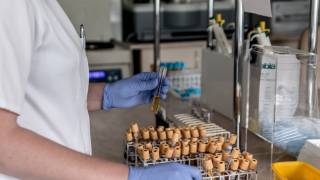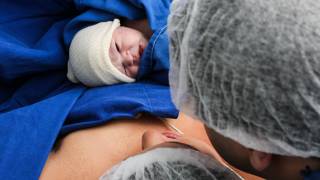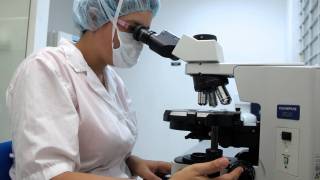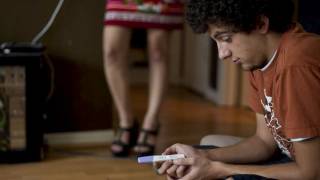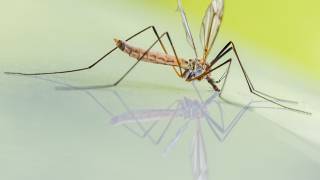Zika Risk From Infected Men
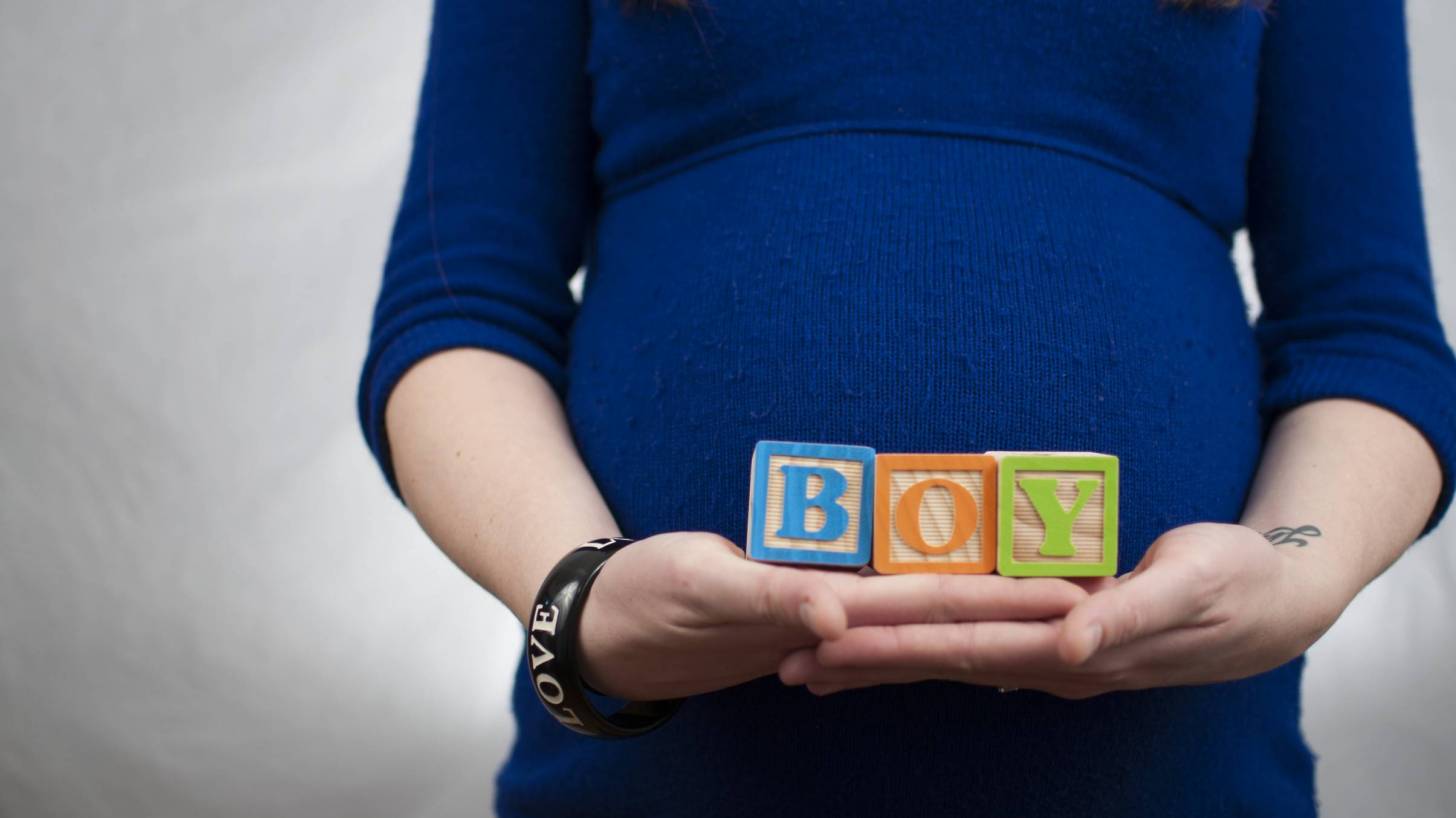
A recent study published in the New England Journal of Medicine may be changing our understanding regarding sexual activity and the Zika virus.
A small study reported 33% of tested men had no detectable Zika RNA in their semen.
But, 58% of the men excreted Zika virus RNA in their semen for at least a month.
The average duration for Zika RNA found in the tested semen was 26 days. The maximum reported duration was 188 days, after the onset of Zika symptoms.
"These data suggest that not all men who are symptomatically infected with ZIKV will have ZIKV RNA detectable in semen," the study authors wrote.
However, most published studies on this topic have been based on a single semen sample from one ZIKV-infected patient, and few have included follow-up of multiple patients after the onset of symptoms until semen negativity for ZIKV.
Thus, the Centers for Disease Control and Prevention (CDC) has recommended the use of condoms for 6 months after infection, to avoid sexual transmission.
According to the CDC, this is what we know:
- Zika virus can be passed from a pregnant woman to her fetus.
- Infection during pregnancy can cause a birth defect called microcephaly and other severe fetal brain defects.
- Zika primarily spreads through infected mosquitoes. You can also get Zika through sex without a condom with someone infected by Zika, even if that person does not show symptoms of Zika.
Here is what the CDC does not know:
- If there’s a safe time during your pregnancy to travel to an area with risk of Zika.
- How likely it is that Zika infection will affect your pregnancy.
- If your baby will have birth defects if you are infected while pregnant.
Moreover, there is no vaccine available to prevent or medicine to treat Zika, at the present time..
This study was approved by an independent ethics committee (Comité de Protection des Personnes Sud-Méditerranée I in Marseille, France), which provided the authorization for each participating center. No conflicts of interest were disclosed by: Franck de Laval, M.D.; Séverine Matheus, Ph.D.; Thomas Labrousse, M.D.; Antoine Enfissi, Ph.D.; Dominique Rousset, M.D., Ph.D.; Sébastien Briolant, M.D., Ph.D.
This research was supported by a grant (2016RC10) from the Direction du Service de Santé des Armées and by the European Virus Archive goes Global project through a grant (653316) from Horizon 2020 of the European Union.
Our Trust Standards: Medical Advisory Committee



